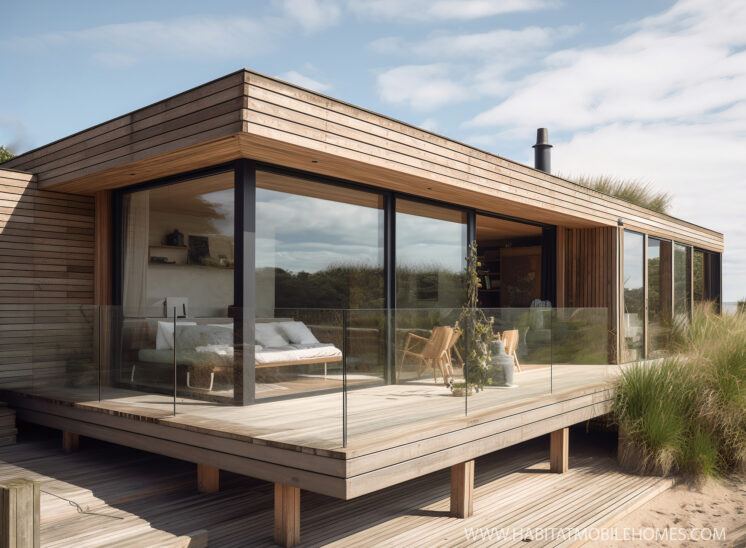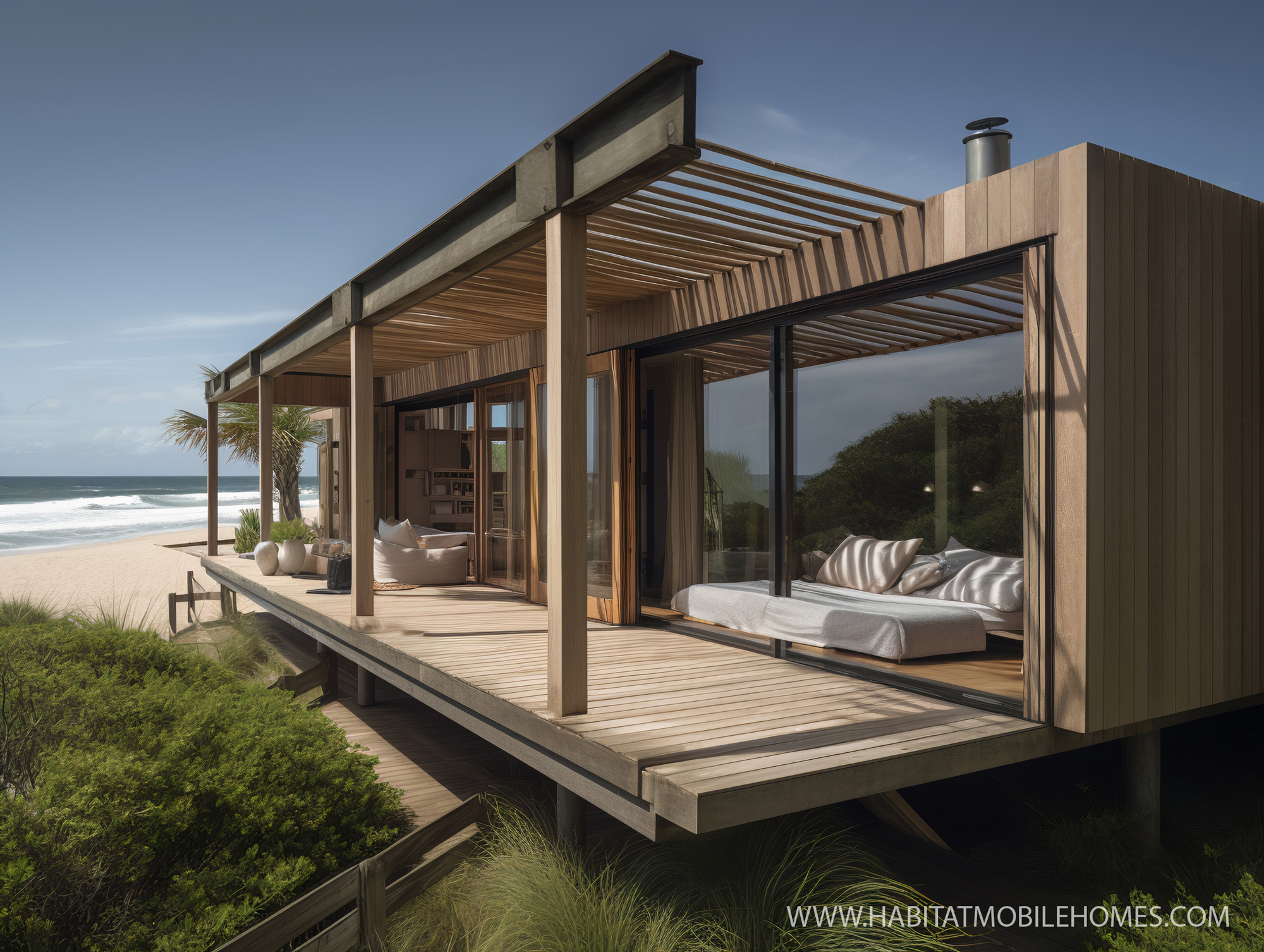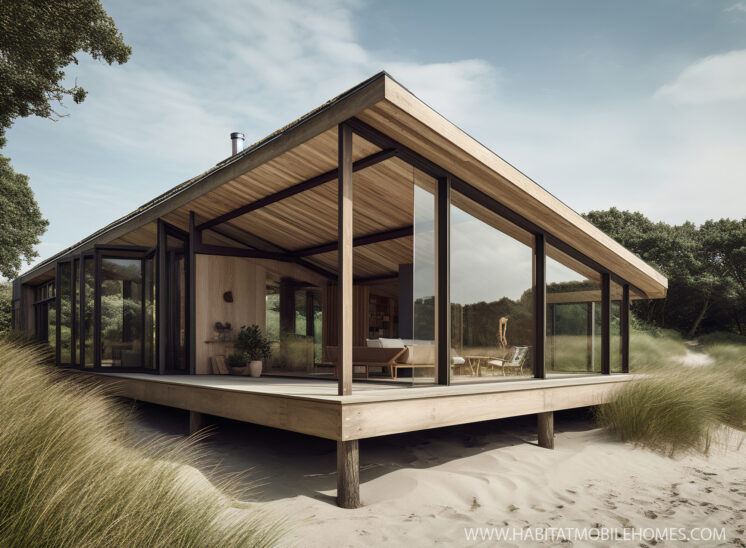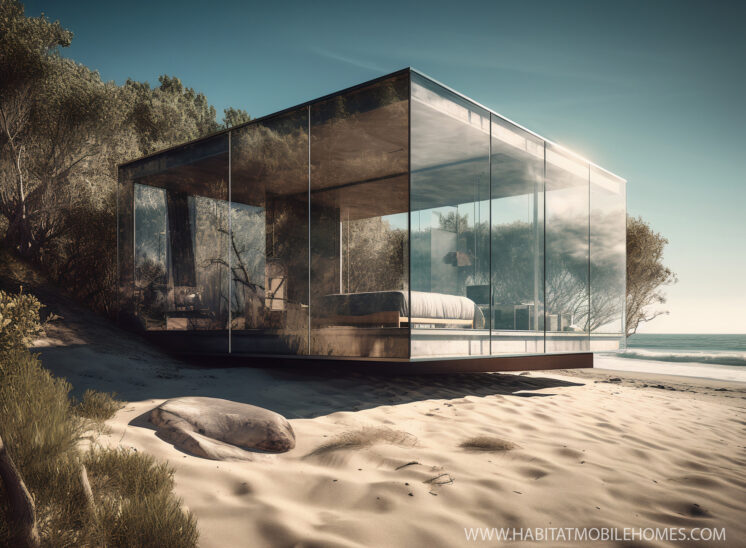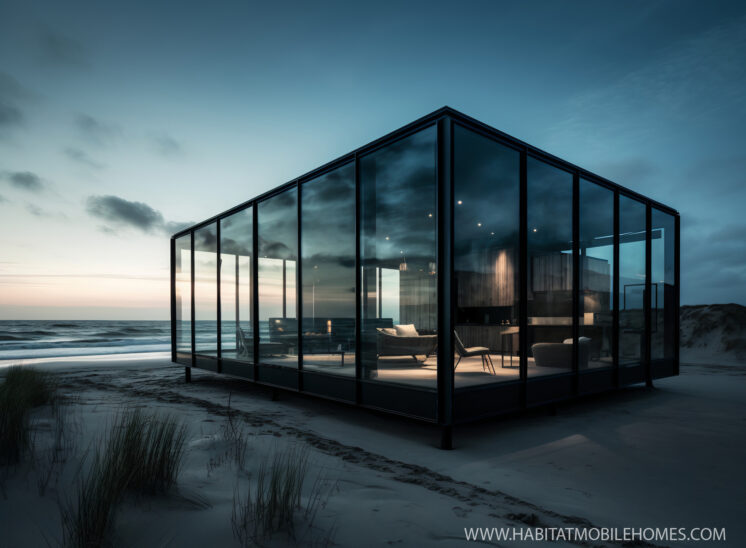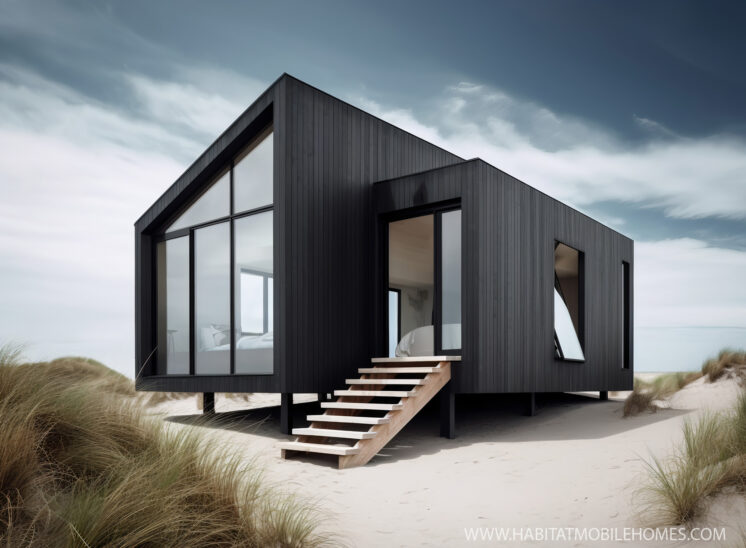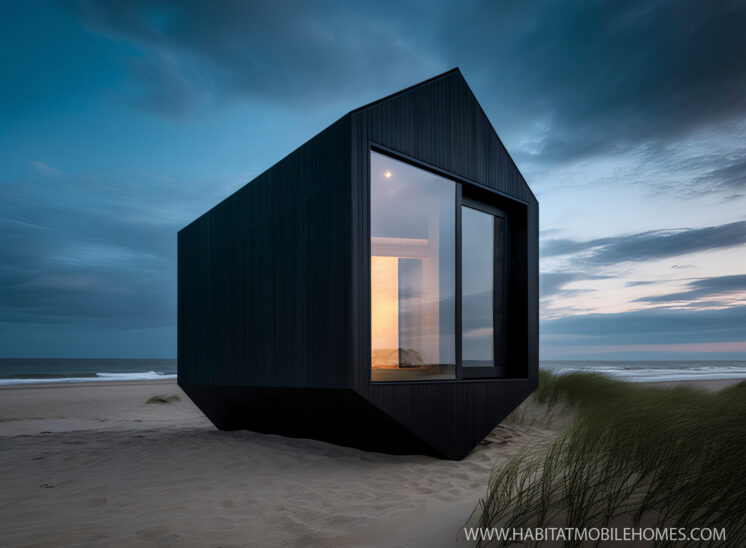Twin Unit Mobile Home and Static Caravan Kits for Sale - Revolutionising Modern Living
Welcome to our world of bespoke twin unit mobile homes and static caravan kits, where comfort meets convenience in the heart of the UK. We specialize in crafting exceptional living spaces that not only provide a sense of home but also offer unparalleled flexibility and style. Whether you're a first-time buyer, a seasoned traveller, or someone looking for a unique living solution, our range of twin unit mobile homes and static caravan kits are designed to cater to your every need.
Navigating Bureaucracy: Do You Need Planning Permission for a Garden Mobile Home for Relatives?
In the quaint corners of British suburbs, a new trend is emerging – placing mobile homes in gardens for elderly relatives. It's a practical solution to the age-old question of how to care for aging family members. However, this seemingly simple act of familial care is enmeshed in a web of planning permissions and regulations that homeowners must navigate.
The Appeal of Mobile Homes in Gardens
With the rising costs of care homes and the emotional toll of separation, many families are turning towards mobile homes as a viable alternative. These structures, often equipped with all the necessities of a comfortable living space, offer independence to the occupant while keeping them close to family.
Understanding Planning Permissions
The key question, however, is whether you need planning permission to place a mobile home in your garden. The answer is not straightforward and hinges on several factors:
Definition and Use: Under UK law, a mobile home is defined as a structure designed for human habitation that is movable. If the mobile home is used by a family member and is ancillary to the main house – for example, for an elderly relative – it often falls under 'permitted development' which doesn't require planning permission.
Size and Impact: The size of the garden and the mobile home plays a critical role. The mobile home should not dominate the garden space or have a significant impact on the neighbours or the environment.
Local Council Policies: Local authorities may have specific policies regarding mobile homes in gardens. It's crucial to consult with your local planning authority (LPA) to understand any specific restrictions or requirements.
Potential Pitfalls
A Case Study
Take the example of the Smith family in Surrey. They installed a mobile home in their spacious garden for their aging mother. They consulted with their LPA and ensured that the mobile home was within the permitted size and did not require separate planning permission as it was ancillary to the main house.
Expert Advice
According to planning consultant Sarah James, "It's always better to err on the side of caution. If in doubt, apply for a Lawful Development Certificate from your LPA. This certificate isn't the same as planning permission but is proof that your mobile home is lawful and can save you a lot of trouble in the future."
zzz
A Legal Win: How One Family Successfully Obtained a Certificate for a Mobile Home in Their Garden
Navigating the Legal Landscape for Family Convenience
In the picturesque town of Shillingstone, a family's journey to accommodate an elderly relative has led to a significant legal triumph. The Tyson successfully obtained a Certificate of Lawful Use for the placement of a mobile home in their garden, setting a precedent for similar cases and offering hope to families seeking practical living solutions for their loved ones.
The Challenge: More than Just Space
The faced a common predicament: finding a comfortable and close living arrangement for an Elderly Relative, who desired independence but also needed to be near family. The solution seemed simple – place a mobile home in their spacious garden. However, the real challenge lay in navigating the complex web of planning permissions and legal requirements.
The Lawful Development Certificate (LDC)
Understanding the intricacies of planning permissions, the family applied for a Lawful Development Certificate (LDC). An LDC is not the same as planning permission, but it is a legal document that certifies that the use of a building or land is lawful. For the [Family's Surname], this was a crucial step to ensure their arrangement was legally sound.
The Application Process
The application process was meticulous. The family provided detailed plans of the mobile home, evidence of its ancillary use to the main house, and statements that demonstrated compliance with local planning policies. They emphasized that the mobile home would not be a separate dwelling but an extension of their existing household, used solely by [Elderly Relative's Name].
Local Council’s Decision
After a thorough review, the local council granted the Certificate of Lawful Use. The council's decision hinged on several key factors:
Ancillary Use: The mobile home was intended for use connected to the main house and not as an independent dwelling unit.
Size and Impact: The mobile home's size was proportionate to the garden space and did not adversely impact the neighborhood or environment.
No Permanent Change: The mobile home could be removed in the future, thus not permanently altering the landscape or property's character.
A Model for Others
This successful application has become a model for other families in similar situations. It demonstrates the importance of understanding local planning laws and presenting a well-prepared case to the authorities.
Expert Insights
Planning consultant [Expert's Name] comments, "The [Family's Surname]'s case is an excellent example of how families can legally accommodate their needs through the planning system. Their success underlines the importance of a thorough and informed application process."
A Win for Family Unity
For the [Family's Surname], the certificate is more than just a legal document; it's a testament to their commitment to family unity and care. [Elderly Relative's Name] now enjoys a comfortable living space within the family compound, ensuring peace of mind for everyone involved.
Conclusion: A Path Forward
The story of the [Family's Surname] is not just a legal victory; it’s a beacon of hope for families seeking to balance the need for close familial bonds with the desire for independence. Their journey through the legal system proves that with the right approach, it is possible to
navigate the complexities of planning permissions and create a harmonious living solution.
Future Implications
This case sets a precedent, suggesting that with careful planning and adherence to local laws, families can find creative solutions to their living arrangements. It underscores the importance of the Lawful Development Certificate in providing legal clarity and security, particularly in situations where traditional housing solutions may not suffice.
Advice to Homeowners
For homeowners contemplating a similar setup, this case highlights the importance of doing thorough research and seeking professional advice. Consulting with planning experts and engaging with local planning authorities early in the process can streamline the application and increase the chances of a positive outcome.
A Story of Success and Hope
The successful acquisition of a Certificate of Lawful Use by the [Family's Surname] is not just a personal victory; it's a story of success and hope for many who are looking for alternative ways to care for their relatives. It illustrates that with determination, legal compliance, and a clear understanding of planning policies, families can create safe and lawful living spaces that cater to their unique needs.

